Rattle at the Met: I learned my Tristan tempi from Mahler’s score
mainDuring rehearsals for the season-opener, Sir Simon Rattle told musicians of the Metropolitan Opera orchestra that he had studied the Vienna Opera score from which Gustav Mahler conducted Tristan und Isolde. He found it full of the most fascinating observations – not just about the work itself but about other conductors and their methods.
Tristan was the work in which Mahler and his designer Alfred Roller brought opera production into the modern era in February 1903. It is probably the opera to which Mahler devoted most thought and preparation. Knowing that, Rattle’s new reading of the score acquires historical significance.
So two violists in the orchestra, Mary Hamann and Katherine Anderson, went to interview the conductor.
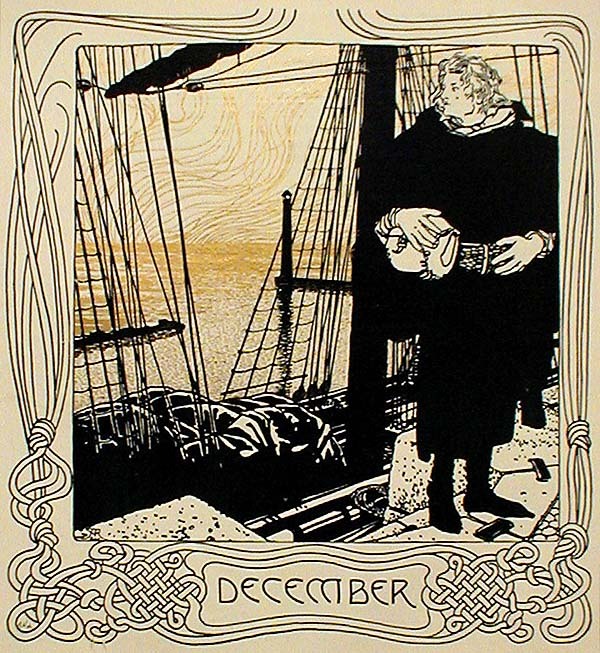
Here, among other things, is what Rattle told them:
‘There’s always the question of whether to conduct in two or four. So the score had all these conductors who had conducted this part in two. And all these conductors who had conducted it in four. And then Mahler writes, ‘Richard Strauss in 5?’ Obviously, it’s his way of elbowing Strauss and saying, ‘Who the hell knows what he was doing?!’
‘One of the most interesting things Mahler puzzled through was the problem of balance. You can approach Tristan as a carpet of sound, and the singers come in and out of that carpet. But Mahler wanted the singers to be heard, so he terraced the dynamics, like he did in his symphonies. His is a very original way of letting the singers come through the thick textures in Tristan. It is not a matter of the orchestra just being very quiet, but a real balancing of the voices in the orchestra with the voices on the stage.
‘Nina Stemme came up to me after a rehearsal here to thank me. She said, “I’ve never been able to do so many colors without being covered.” And I said, “Thank Gustav.”’
This is fascinating stuff, and there’s more of it here.
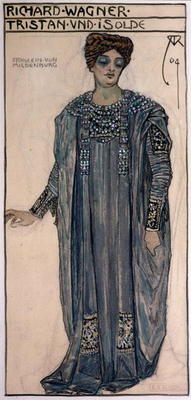

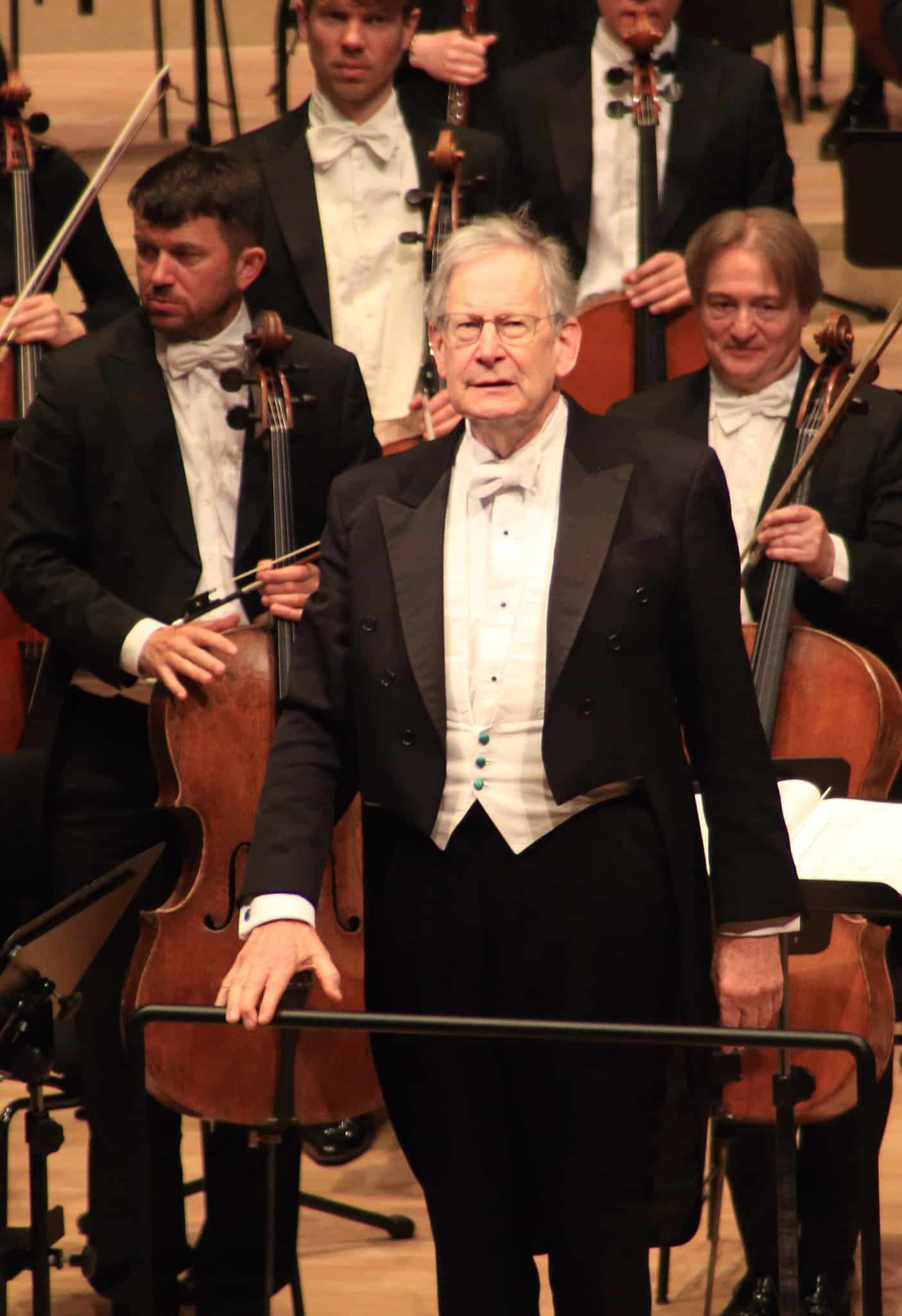
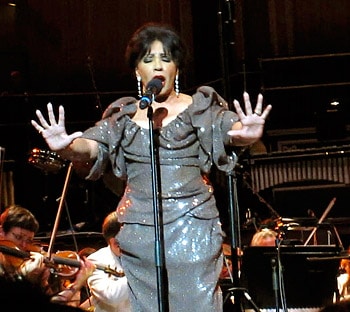
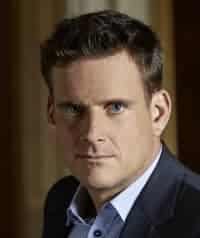
I’m sorry, this is a bit BS. Rattle does again what he does best: nice PR. Surely he does not need any remarks from the old score to gauge the balance and decid wether to conduct in 2 or in 4. He is a fantastic conductor with tons of experience. Why evoke this hollywood-style one-era-meets-another fable?
Theatres have changed, pits, instruments, singers, ways of playing. Gustav’s remarks is not going to be useful. If only for another PR campaign.
Unfortunately I’ll agree with you.
“Gustav’s remarks is not going to be useful…” (sic) How arrogant to assume that score annotations by Mahler could not be useful to conductors in our oh-so-modern times.
They certainly made a difference to tonight’s relayed performance, score or not at the Met – the orchestra was the best bit of the whole night with a rather grim production – beautiful playing and wonderful phrasing and contrast for a change so the singers could in fact be heard in the Met barn of a place! Saw the 2003 production at the Met itself, and Jane Eaglen and Ben Hepner both got drowned in places.
If you saw a “relayed” performance (or Live in HD as it’s known), it is not a fair measure of what a conductor has or has not accomplished in terms of solving balance problems. Those are controlled by sound engineers working with computers. There is NEVER a problem hearing Met Opera singers over heavily orchestrated operas for Live in HD performances.
I saw the HD-live. I don’t think the problem is in the orchestra-except in terms of volume-it’s the mixing of the voices through engineers which gives them a prominence equal to the entire orchestra. I don’t know about the computers. But this has been the same pretty much since the met went to FM, and the new house. There are multiple pickups, the sound is blended with the voices, creating an artificial mix. The concept of “as if you were there’ went out with AM radio-and actually the most realistic sound was from the old Met where a mic was suspended from the ceiling. I wish they’d go back to a few mics in the upper reaches, with modern technology and broadcasting and leave it at that. For years especially with Wagner, at home, I have turned the volume up for pur orchestral sections and then lower for most of the opera.
The venues have no control over the mix, only raising and lowering the overall volume. That is why in last season’s Salome if you heard the HD, it sounded as if Nilsson had come back from the dead and was singing all the serving women.
You mean Elektra, not Salome, but otherwise you are absolutely correct. I heard it in the housel where, from my first row balcony seat–usually very kind to singers, Stemme sounded weaker than an Elektra should (and has), and then I heard it live-in HD, where she sounded more than ample. The very first time I went to a live in HD, I was just overwhelmed by the falseness of it.
Of course I meant Elektra.
I know that house VERY well and the front of the balcony is an ideal spot sound wise.
I avoided the HD’s-not so much for the sound, as the fact that it becomes a director’s medium, and the endless closeups and cutting. But in recent years have stopped going to NYC, so I surrendered to the HDs, and have enjoyed some a great deal. However the loudness of the voices (and sometimes the overall volume-another reason I stopped going to movies) has disturbed me, and I’ve explained to people not that familiar with live opera that live most of these voices will not sound like this live.. As I said the Met radio broadcasts have been this way for years, as are probably most broadcasts with voices, so this is nothing new.
Your reaction re Stemme is one I’ve heard already from people in the house, however some who heard her live thought she had the voice. I just saw the HD of Tristan and enjoyed a lot of it musically (I’ll skip the production with the usual modern silliness as well as plot distortions) but Pape is the only voice I know from live performances, and I wondered about the rest? The reaction you had to her in the house has been one some people have had, but many more were impressed with her, or maybe they were just glad to hear Tristan.
A wonderful interview posted by the Met Orchestra. It was very nice of Sir Simon–of course it was true–to voice appreciation for the role James Levine played in creating the high quality and communal spirit of this great orchestra. It seems that Met management wants to forget him as fast as it can.
Mahler also conducted Tristan at the Met; indeed, it was with this precise opera that he made his house debut, and returned to it repeatedly during his Met years. So question arises whether there is also a Met Tristan score with Mahler’s markings.
I see you read the article carefully?
I don’t understand you comment and your sarcasm is not welcome. The article says that Rattle studied the Vienna Opera score which Mahler used to conduct Tristan – *in Vienna*. How about the score that Mahler utilized at the Met? Or did Mahler used the same score when conducting Tristan everywhere, whether in Vienna, at the Met, and perhaps elsewhere?
I checked with the Met librarian, and there are no scores at the Met
that were used by Mahler.
Mahler sometimes re-orchestrated the music he conducted. I like his denser version of Beethoven’s Eroica. I’d like to hear it more often. I’m sure Beethoven would have thanked him for it.